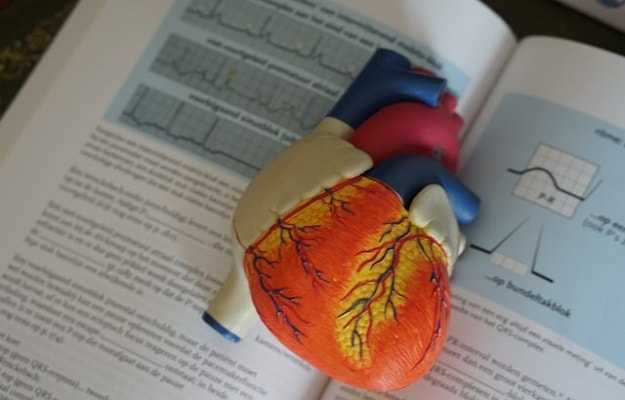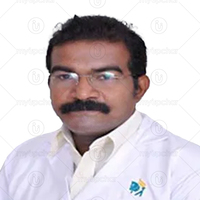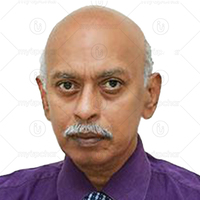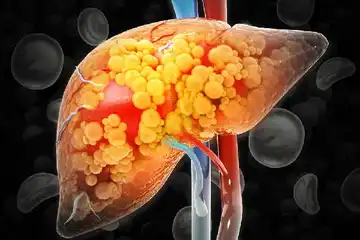Broken heart syndrome, also called takotsubo cardiomyopathy or stress-induced cardiomyopathy, is a reversible condition that affects the lower left ventricle of the heart.
The condition is triggered by stress—physical or mental. It presents with symptoms similar to a heart attack and is often misdiagnosed as one. However, patients with broken heart syndrome do not show the typical blockages in blood vessels that cause a heart attack.
Here is the complete detail about heart disease treatment.
There is no specific treatment for a broken heart. Patients are given medications for heart problems.
Here is all you need to know about broken heart syndrome.
(Read More - What is CPR)

 Doctors for Broken Heart Syndrome (Takotsubo Cardiomyopathy)
Doctors for Broken Heart Syndrome (Takotsubo Cardiomyopathy) 




























